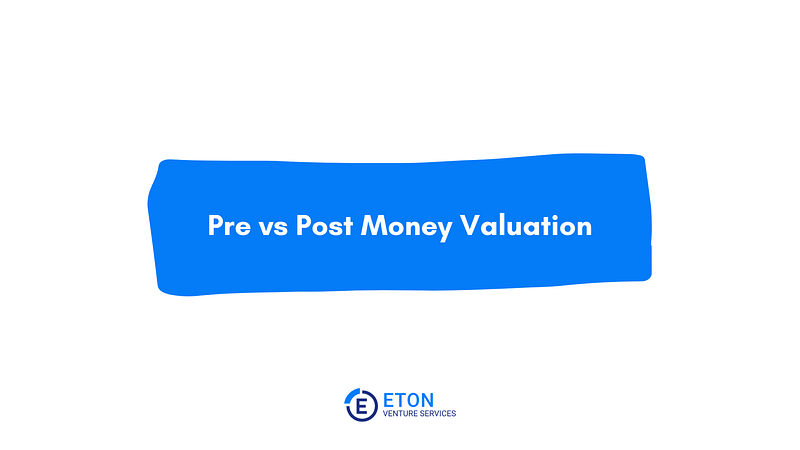In the Estate of Aaron Jones v. Commissioner, T.C. Memo 2019-101, the United States Tax Court addressed the issue of tax affecting in the valuation of closely-held businesses for estate and gift tax purposes. This decision marked a significant departure from prior Tax Court rulings on the issue and has important implications for valuation professionals and taxpayers alike. This expanded article delves deeper into the facts of the case, the Tax Court’s reasoning, and the potential ramifications of the decision for future valuations.
Background
Tax affecting refers to the practice of reducing the projected earnings of a closely-held business to account for corporate-level taxes that would be incurred if the business were subject to taxation as a C corporation. Prior to the Estate of Aaron Jones case, the Tax Court had consistently rejected tax affecting for S corporations and other pass-through entities, arguing that it was inappropriate to reduce earnings for taxes that the entity was not legally required to pay. This stance led to controversy within the valuation profession, with many experts contending that the Tax Court’s refusal to allow tax affecting for pass-through entities resulted in inflated valuations and higher estate and gift tax liabilities.
Estate of Aaron Jones v. Commissioner
In Estate of Aaron Jones, the Tax Court reconsidered its position on tax affecting and ultimately concluded that it was appropriate to tax affect the earnings of a pass-through entity when valuing the business for estate and gift tax purposes. The case involved the valuation of interests in a closely-held timber business organized as an S corporation. The estate’s valuation expert applied a tax-affecting methodology to the company’s earnings, while the Internal Revenue Service (IRS) argued that tax affecting was inappropriate because the company was not subject to corporate-level taxes.
The Tax Court ultimately sided with the estate, finding that tax affecting was appropriate in this case due to the “economic reality” that taxes would have an impact on the value of the business, even though it was organized as a pass-through entity. The court acknowledged that its prior decisions on tax affecting may have resulted in inflated valuations and that a more nuanced approach was necessary to accurately value pass-through entities.
Implications of the Decision
The Estate of Aaron Jones decision has several important implications for valuation professionals and taxpayers:
Reconsideration of Prior Valuation Methodologies: The Tax Court’s acceptance of tax affecting for pass-through entities in this case suggests that prior valuation methodologies may need to be reconsidered to ensure they accurately account for the impact of taxes on the value of the business.
Increased Flexibility in Valuation Approaches: The Tax Court’s decision indicates a willingness to consider alternative valuation approaches that more accurately reflect the economic reality of the business being valued. This increased flexibility may allow valuation professionals to develop more sophisticated and accurate valuation methodologies.
Potential Reduction in Estate and Gift Tax Liabilities: By allowing tax affecting for pass-through entities, the Tax Court’s decision may lead to lower valuations and reduced estate and gift tax liabilities for taxpayers.
Continued Uncertainty: While the Estate of Aaron Jones represents a significant shift in the Tax Court’s posititax affecting, it remains to be seen whether the decision will be applied consistently in future cases or whether further refinements to the tax affecting methodology will be required. This continued uncertainty dictates that valuation professionals must remain vigilant and stay up-to-date on any developments in this area of law, including:
Importance of Expert Testimony: The Estate of Aaron Jones case underscores the importance of presenting well-supported expert testimony on valuation issues, particularly when it comes to tax affecting. The Tax Court’s decision to accept the estate’s tax affecting methodology was influenced by the credibility and persuasiveness of the estate’s valuation expert.
Need for Comprehensive Analysis: When valuing a pass-through entity, it is crucial for valuation professionals to conduct a comprehensive analysis that takes into account the specific circumstances of the business, including its tax structure and the potential impact of taxes on its value. A one-size-fits-all approach to tax affecting is unlikely to be accepted by the Tax Court, and valuation professionals must be prepared to defend their methodologies with sound reasoning and empirical evidence.
Collaboration Between Valuation Professionals and Legal Counsel: In light of the Estate of Aaron Jones decision, it is increasingly important for valuation professionals to work closely with legal counsel to ensure that their valuation methodologies are consistent with the latest legal developments and can withstand scrutiny in court.
Ongoing Monitoring of Tax Court Decisions: Valuation professionals and taxpayers should continue to monitor Tax Court decisions for any further developments related to tax affecting and pass-through entity valuations. By staying informed of the latest rulings, professionals can adapt their valuation methodologies as needed to align with evolving legal standards.
The Estate of Aaron Jones v. Commissioner has significant implications for valuation professionals, taxpayers, and legal counsel involved in the valuation of pass-through entities for estate and gift tax purposes. By recognizing the economic reality of taxes and allowing tax affecting in this case, the Tax Court has signaled a potential shift in its approach to valuing pass-through entities. However, continued uncertainty in this area of law means that valuation professionals must remain vigilant and be prepared to adapt their methodologies as needed. Collaboration between valuation professionals and legal counsel will be increasingly important to ensure that valuation methodologies are defensible in court and can withstand scrutiny.
How can Eton help?
Eton Venture Services recognizes the importance of adapting to ever-changing valuation landscapes, especially when market evidence plays a crucial role in determining fair market value. Our team of experts stays current with judicial developments, ensuring that our clients receive accurate and reliable estate and gift tax valuations that reflect the most recent legal and market trends.
By partnering with Eton, you can benefit from our deep industry knowledge and expertise in business valuation, especially in the context of estate and gift tax purposes.
Allow our team to guide you through the intricacies of valuation methodologies and transactional disputes, safeguarding your interests and supporting your decision-making process. Contact Eton Venture Services today.








